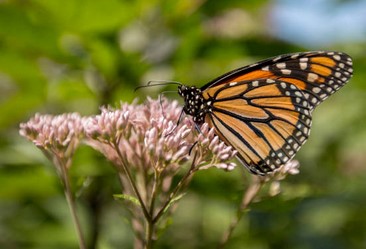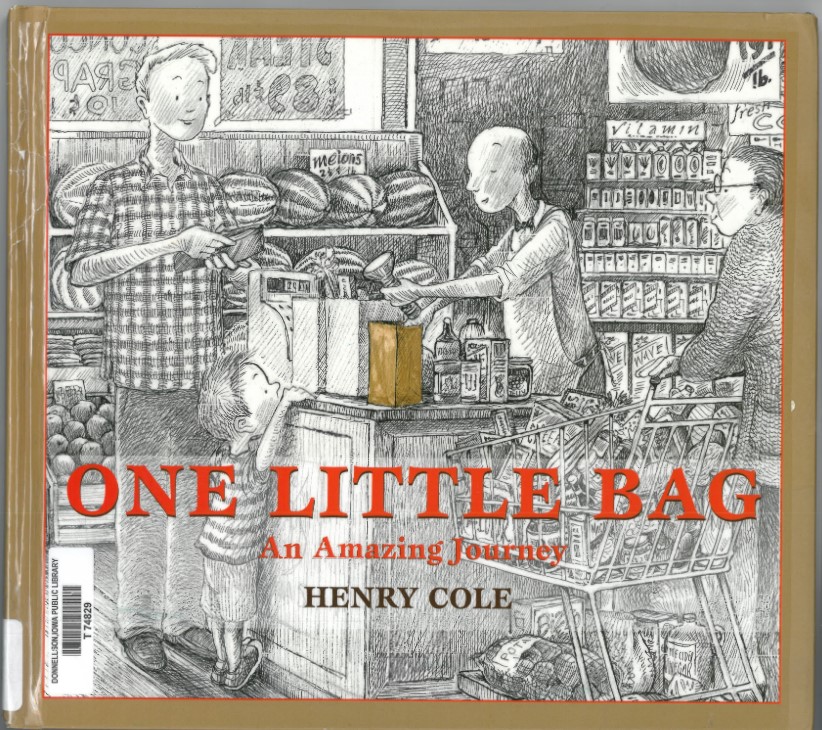More chatbox memes – look behind you!
From https://www.axios.com/newsletters/axios-ai-plus-438426cc-d0dd-4ebc-8704-6f8fc768bcac.html?utm_source=newsletter&utm_medium=email&utm_campaign=newsletter_axioslogin&stream=top
What they’re saying: Interaction with generative AI could “fundamentally change the human brain,” says Dana Suskind, a pediatric physician and expert on early childhood and early language development.
- Suskind says teenagers and adults are already forming relationships with AI
 companions. The same could happen with younger kids.
companions. The same could happen with younger kids. - “The content and experience that kids are exposed to in early years isn’t just sort of changing things the same way social media impacted adolescent brains,” Suskind told Axios. “It is actually changing the foundational wiring of the human brain.”
- “Children naturally anthropomorphize,” Suskind wrote in an email, “but with responsive AI, we’re entering uncharted territory for how this might shape their developing sense of reality and relationships.”
Between the lines: Some child development researchers worry that chatbots could reshape how children learn trust, empathy and connection.
- A small study from 2024 showed that kids ages 3-6 were more likely to trust a robot than a human, even when that robot had proven to be less reliable than the human.
- Trust is a particularly thorny problem for those who rely on AI, since many researchers argue that these tools might always be prone to making things up.
Chatbots also tell people what they want to hear.
- They’re trained to please, which means they’re unlikely to say “no” — a word that small children need to learn to deal with.
![]()
Mariner recommends not using rapid fire weapons or shotguns. Your real  loved ones may be close at hand. All these efforts to invade Homo’s anthropomorphic reality are just a step toward Armageddon. The next step is not to bother with babies – they’re too much trouble – AI bots may offer an age-seasoned teenage bot instead – or, if the reader is so inclined, adult bots (male and female) are available and quite charming.
loved ones may be close at hand. All these efforts to invade Homo’s anthropomorphic reality are just a step toward Armageddon. The next step is not to bother with babies – they’re too much trouble – AI bots may offer an age-seasoned teenage bot instead – or, if the reader is so inclined, adult bots (male and female) are available and quite charming.
We have come to accept robots in the workplace, despite union protests. Now the frontier is the home.
Ancient Mariner

 see if he still had garden plants under the weeds. He seldom meanders among the gardens because more pressing tasks are calling but today he poked about, swearing at rabbit damage and on a positive note, discovering plants that had survived despite all the interference of weeds, rabbits and droughts – even some, like Hyssop and Spider wort, had emerged on their own.
see if he still had garden plants under the weeds. He seldom meanders among the gardens because more pressing tasks are calling but today he poked about, swearing at rabbit damage and on a positive note, discovering plants that had survived despite all the interference of weeds, rabbits and droughts – even some, like Hyssop and Spider wort, had emerged on their own. support of any passing Monarch butterfly but has never seen any. Until today. A Monarch was bounding about in the Milkweed, seemingly quite happy. Small gifts bring great reward.
support of any passing Monarch butterfly but has never seen any. Until today. A Monarch was bounding about in the Milkweed, seemingly quite happy. Small gifts bring great reward. chipmunk. He’s always considered the chipmunk a mouse that is in show business; they have pleasant shades of brown with prominent stripes running down their back. We stared at one another for a long moment then the chipmunk went about its business.
chipmunk. He’s always considered the chipmunk a mouse that is in show business; they have pleasant shades of brown with prominent stripes running down their back. We stared at one another for a long moment then the chipmunk went about its business. Mariner’s wife, a librarian, has a program where she reads stories to preschool children. She brought home a book which, with astounding clarity, demonstrated human disregard for environmental resources. The book is ‘One Little Bag – An Amazing Journey’ by Henry Cole. All pages are drawings showing a small boy’s affection for his paper bag by always having it at hand for whatever purpose; it is the tale of a little boy who carried his one original lunch bag to school for over 700 lunches even using it to offer a wedding ring to his girlfriend. The pages also show all the industrial steps required to make a paper bag from chopping down the tree to paper manufacture, delivery, etc. One cannot read this simple story without realizing how trashy humans are. What is important is this trashy behavior does not show concern for the more important issue: disappearing resources.
Mariner’s wife, a librarian, has a program where she reads stories to preschool children. She brought home a book which, with astounding clarity, demonstrated human disregard for environmental resources. The book is ‘One Little Bag – An Amazing Journey’ by Henry Cole. All pages are drawings showing a small boy’s affection for his paper bag by always having it at hand for whatever purpose; it is the tale of a little boy who carried his one original lunch bag to school for over 700 lunches even using it to offer a wedding ring to his girlfriend. The pages also show all the industrial steps required to make a paper bag from chopping down the tree to paper manufacture, delivery, etc. One cannot read this simple story without realizing how trashy humans are. What is important is this trashy behavior does not show concern for the more important issue: disappearing resources.